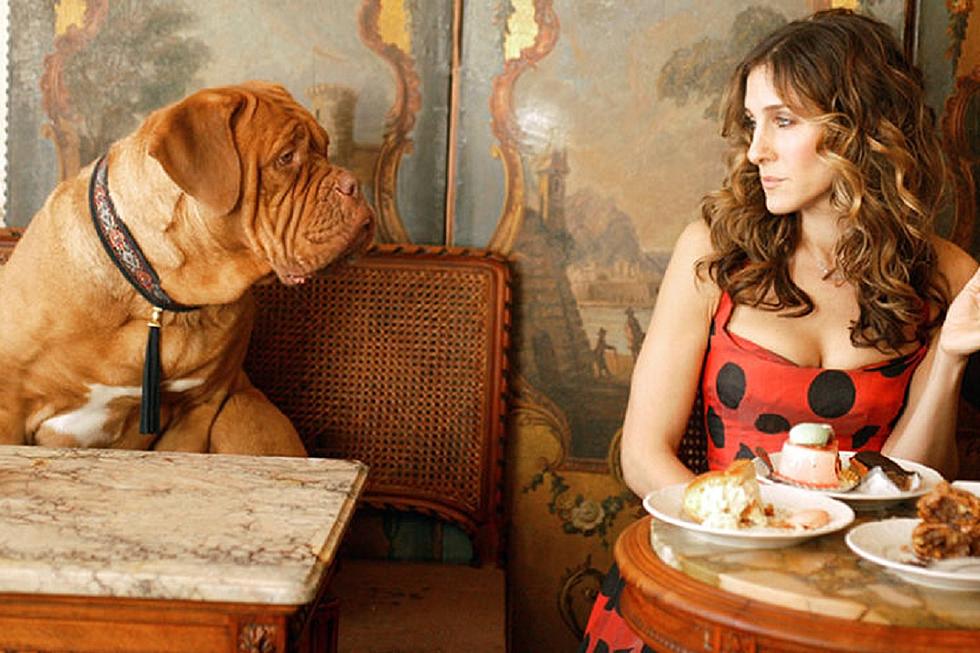
The Day Amy Winehouse Died
The exclusive "27 Club" welcomed another inductee July 23, 2011. Amy Winehouse — the brash, beehived singer — joined the notorious gang of Janis Joplin, Jimi Hendrix, Jim Morrison and Kurt Cobain when she succumbed to alcohol poisoning at her London home.
"There will never be another voice like that in our generation,” Gloria Woods, a record label employee, told The Guardian the day of Winehouse’s death. And with multiple Grammys, Brit Awards and platinum albums from around the world, audiences the world over agreed.
There was something incredible about the young woman’s voice — she sounded as though she threw back drinks with the Rat Pack and took drags off Billie Holiday’s cigarettes. Yet her lyrics were straight out of Camden, her beloved haunt full of rockers, Rastafarians and artisans. In the bold breakup song, “You Know I’m No Good,” she compared her defeat to former James Bond actor Roger Moore and dismissed her man over a plate of “chips and pitta.” Only London could have created her, and London may be partially to blame for destroying her.
Watching the 2015 Oscar-winning documentary Amy by director Asif Kapadia, one gets the impression that Winehouse did not wish for fame. She seemed most content in early backstage footage, gallivanting around the open mic and lounge circuit. She would writhe with teenage hurt, reciting screeds such as “What Is It About Men” as though she were the definitive author on love and loss. She had a a messy, brazen authenticity that could only come from a life of hard living and inner battles.
The public and the media — especially in England, where her persona loomed larger than in other countries — played vicarious doctor and therapist to Winehouse in her short 27 years. She told reporters she was really shy and only found her confidence when singing — not performing for cameras, not being witty for radio, not being gracious or pugnacious toward overbearing fans. The tabloids shot back and called her behavior erratic and drug-addled. Perhaps it was. But dealing with addiction, a jailed spouse, record-label expectations and depression before the masses is neither a common nor an easy task.
Winehouse’s death seemed all the more tragic because she showed signs of personal improvement in 2011. In January, she returned to the stage after stints in rehab, betraying her breakout hit (“They tried to make me go to rehab / I said no, no no”) and bringing relief to audiences that she was a renewed artist. By July, however, her concerts were again plagued with lethargy and anxiety. Her final days, according to The Guardian, were spent in isolation, accompanied only by bodyguards.
Amy Winehouse’s passing recalls Greta Garbo’s famous line, “I want to be alone.” In a 1955 biography, the classic actress clarified, “I never said, ‘I want to be alone.’ I only said, ‘I want to be let alone!’ There is all the difference.” Had Winehouse been let alone — by her omnipresent father, her devotees and the press — to further cultivate her art, we might today be discussing her latest masterpiece, not her heartbreaking legacy.
Musicians We've Lost in 2016
More From Mix 95.7










